I believed an Indigenous voice would work. That doesn’t make me a fool
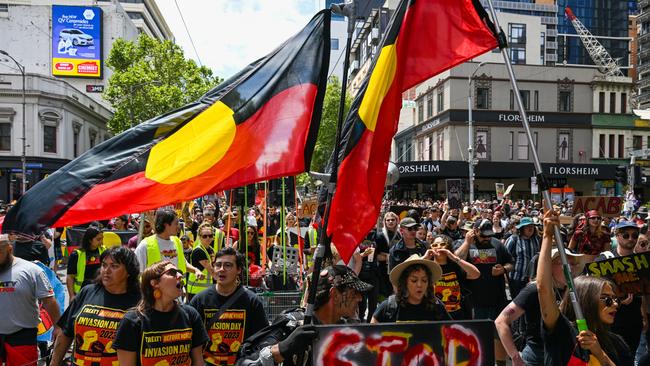
The usual criticism of public debate in Australia, from yelling matches in parliament to disputes in the local fruitier, is that discussion has descended into insult. Insults are bad, demeaning and dangerous to public health.
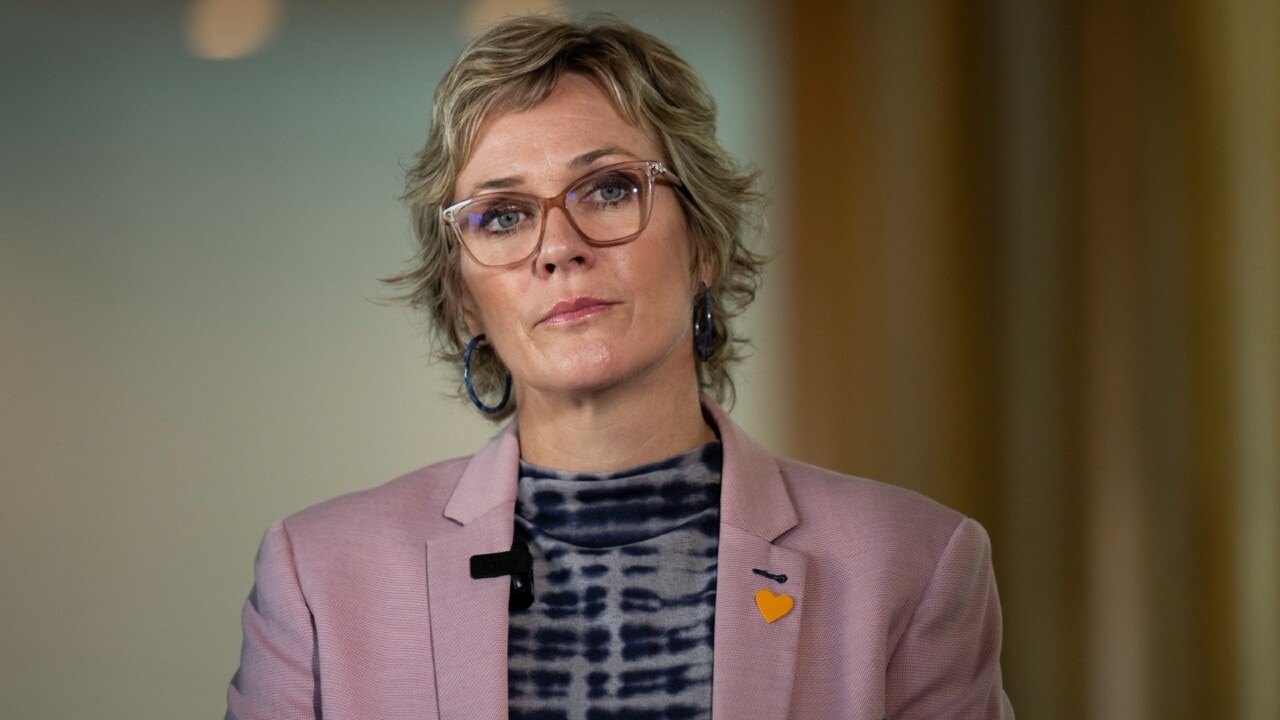
Actually, I quite like insults, provided they are funny. The best quotes from people such as Robert Menzies and Winston Churchill invariably are put-downs of uncongenial contradictors, from rival members of parliament to noisy yobbos at political rallies.
I am modestly proud of some of my own insults. Legendarily, I invented what is now the standard student debating gambit, that one’s opponent was born in a stable only because their mother happened to be tethered there at the time.
I also remember fondly that during the voice debate I described the dozens of invisible barristers who supposedly deplored the voice in secret but were too frightened to say so in public as “Chicken Littles”. In my mind’s eye I can still see them bewigged and bobbing in the barnyard of constitutional politics, scared to death of succumbing to integrity.
But plain, repeated insult without at least some attempt at wit is just dull. When, for example, a journalist in a single article condemns some supposed opponent as shoddy, disappointing, shrilly contemptuous, unintellectually emotive and vain, you suspect Oscar Wilde is not in the room.
The real problem in public debate on every topic from the Indigenous voice to migration is not insult but intellectual poverty.
Many of our important debates are carried on at a level that would shame most respectable slime suckers from the oceanic depths, and all of us are at some point culpable.
Probably the greatest failure is our inability to understand that most complex issues are, well, complex. One of my favourite old axioms is that you show me someone with a simple answer to a complicated question and I will show you a fool or a liar.
Almost all of our big issues are mind-benders. How do you fix the housing crisis? What to do about China? Are constitutional provisions that turn on race ever acceptable? Is Anthony Albanese more physically attractive than Peter Dutton? Categorically, such questions have no easy answers.
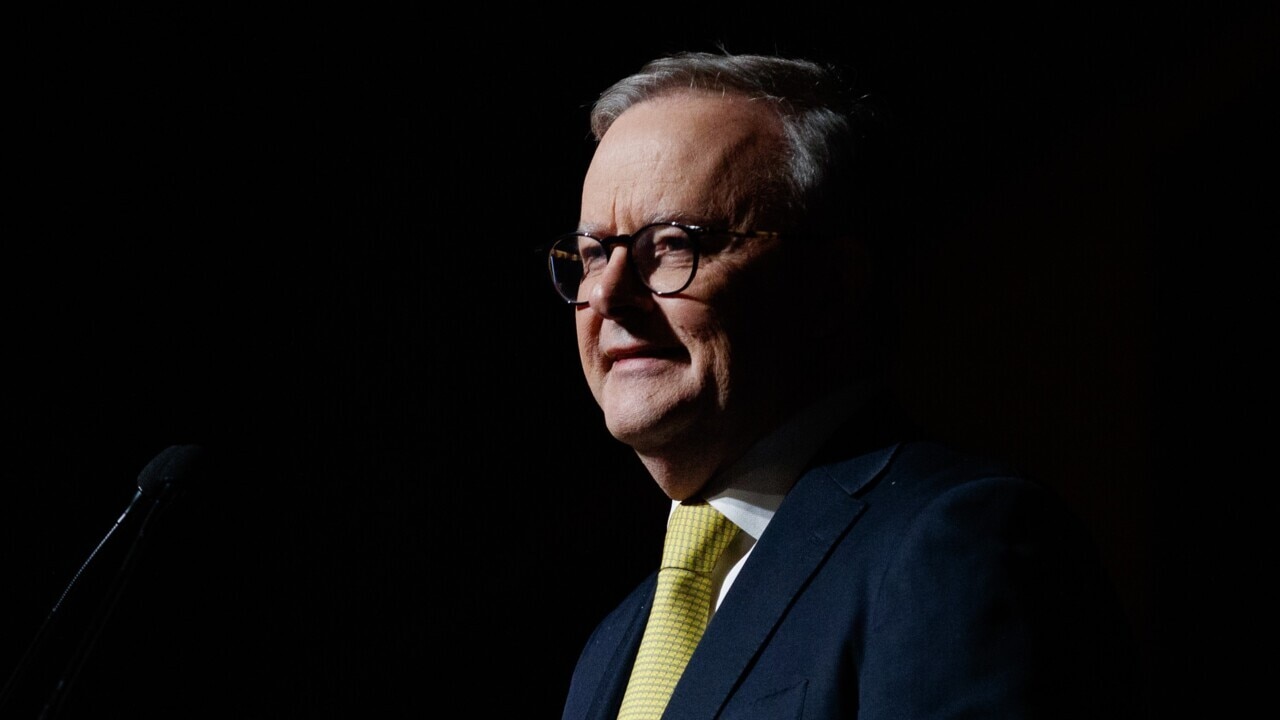
But modern discourse on all sides of politics insist they do, it’s just that everybody’s answer is different. Impose denser populations. Grovel to President Xi Jinping. Immediately constitutionalise a voice or ban it as reverse racism. Of course, Dutton looks prettier in pink. The basic challenge is a failure to recognise that answering twisty questions always involves the simultaneous deployment of very different and sometimes conflicting forms of thinking. Intellect, practicality, morality and honour are just four components.
Take my universally popular stance on the voice. Intellectually, I was persuaded that it would fit well in the Constitution. Practically, I thought it would work without the problems of constitutionally guaranteed rights. As a matter of moral judgment – binding on me, not anyone else – I believed it was the right thing to do to address historic Indigenous disadvantage. As a matter of honour, I had long committed myself to Indigenous people to support a voice.
The point is not whether I was right or wrong, or whether a person with directly opposite views would be correct or in error. It is just that neither of us should dismiss each other as liars or fools simply because we disagree. Yet this is the dominant theme of contemporary public debate.
Personally, though, it is mercifully easy to find moments of mutual respect between utterly opposed protagonists during the voice debate.
Professor Anthony Dillon, who worked for me when I was a vice-chancellor, is a brilliant Indigenous intellectual, utterly opposed to the voice. Yet whenever we met at public functions, no matter how charged, we were mutually delighted.
I had two very long meetings with senator Jacinta Nampijinpa Price where we each attempted to persuade the other to change sides. They were profoundly friendly conversations that ended in smiles of mutual regret.
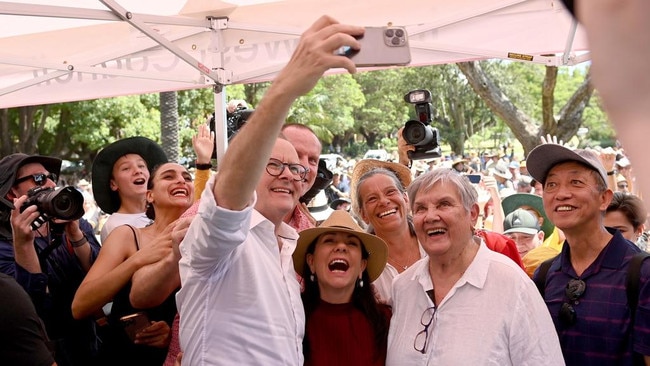
Much of the challenge lies in our tendency to bypass the difficulties of logical reasoning by latching on to a slogan or descriptor, preferably as basic or abusive as possible. In both the referendum campaigns I have fought – the republic and the voice – I have detested the slogans “Just vote Yes” or “Just vote No”. They are demands to follow whatever prejudices you may have without subjecting them to any analysis.
In the same way, I loathed that both sides in the voice debate called each other racists, one for allegedly ignoring the plight of Indigenous Australians, the other for trying to racialise the Constitution. Seriously, what is the chance that every Australian, Yes or No, is racist depending on your definition?
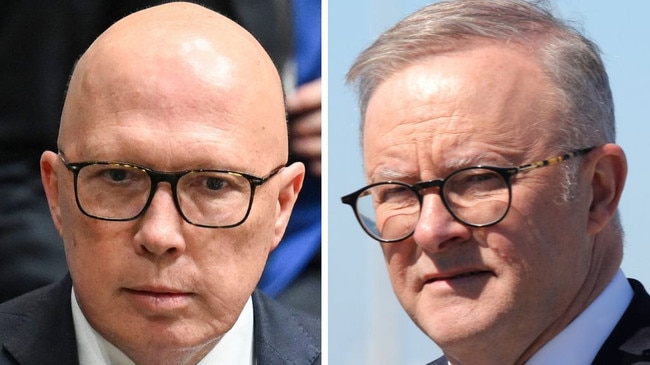
A very recent development has been the systematic weaponising of the language of truth in the service of mere argument. This takes the form of dismissing every contrary argument as misinformation or disinformation. In both cases, this really means lies, and the technique was heavily used by the Yes side in the recent referendum.
The truth is, there are three levels of dispute available in any conversation. The first is simple disagreement, entirely honourable if extremely annoying. You think an Indigenous voice is compatible with the Constitution and I do not. There is no lie. We just do not agree.
Misinformation is where someone says something that is factually wrong but with no intention to deceive, as in: “He is misinformed.” If someone in the voice debate maintained that the voice in technical constitutional terms would be a third house of parliament, they were misinformed and were delivering misinformation. But they were not lying.
Disinformation, however, is indeed lying. When you spread information you know to be false with the intent of deceiving others, this is disinformation.
Yet both sides of the voice referendum insisted on denouncing every contrary argument as disinformation: a lie. If we are going to have any serious constitutional or other fundamental debate in the future, we must stifle this wilful, dangerous, false exercise in categorisation.
Our other problem is the psychology of “Gotcha!”, transmitted from our shallow political culture. This is where arguments of substance are dismissed because they contain some irrelevant error of factual detail or, worse still, the person making them has at some point changed their mind.
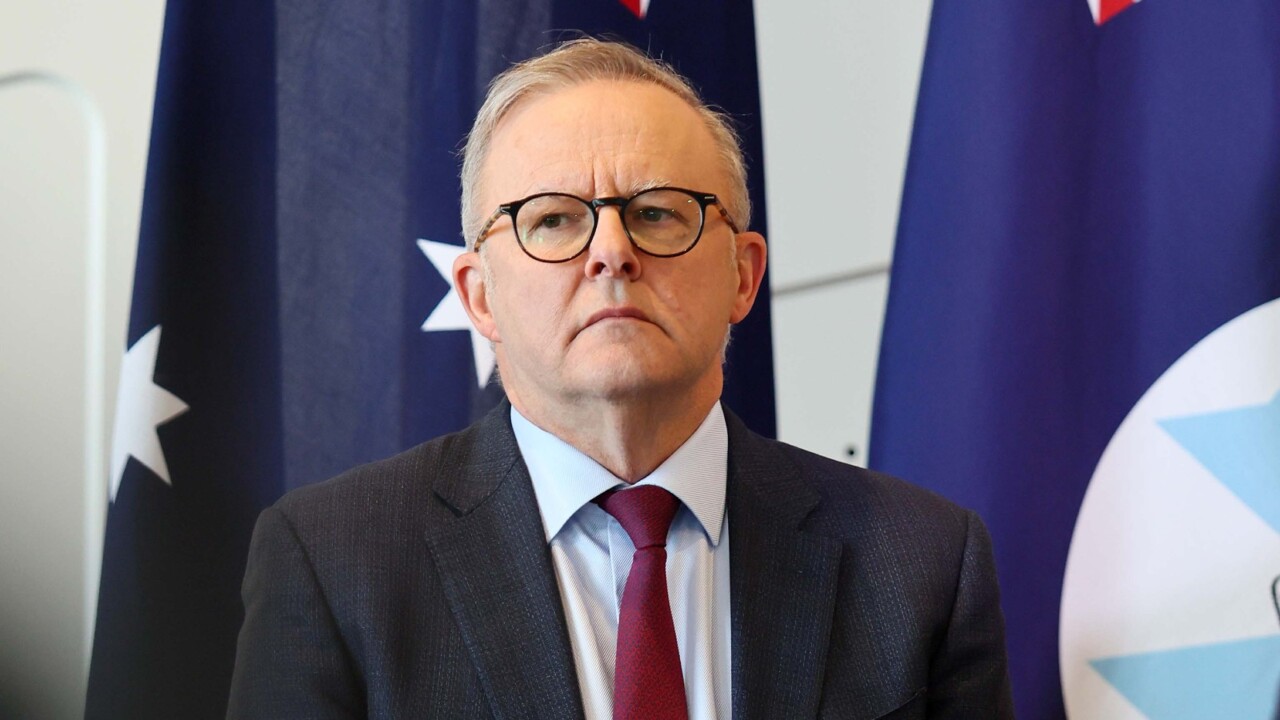
Changing your mind is a sure sign that you actually have one. Normal, intelligent human beings constantly adjust their opinions to the facts around them. It is not dishonesty, it is rationality.
I certainly plead guilty. I was for decades a pragmatic monarchist until the weight of contradictions bore down on me and I became the most conservative of republicans. I was pathologically suspicious of trade unions, and now am merely nervy. I hated soccer but can now watch it for up to 10 minutes at a time. So what?
But with the voice, I never changed my mind. I have always opposed guaranteed constitutional rights of any kind, including those based on race. I continue to deplore unauthorised judicial intervention. I remain open to a mechanism of Indigenous dialogue – like a properly designed voice – provided it runs with the parliamentary grain of the Constitution. I reiterate that any mechanism proposed should be fully and publicly tested in a forum such as a constitutional convention.
Correspondingly, I have never agreed with constitutional language opening up a judicial can of worms. I have opposed the formulation of constitutional words in secret. I deplored a voice proposal without a model. I longed for a proper constitutional convention, as in the 1890s, when our founding document was drawn up.
But in a dialogue of claimed mutual deceit, it is immensely easy for positions to be chopped and mangled, sometimes for deliberate advantage, but often because players simply forget the complicated order in which things happened.
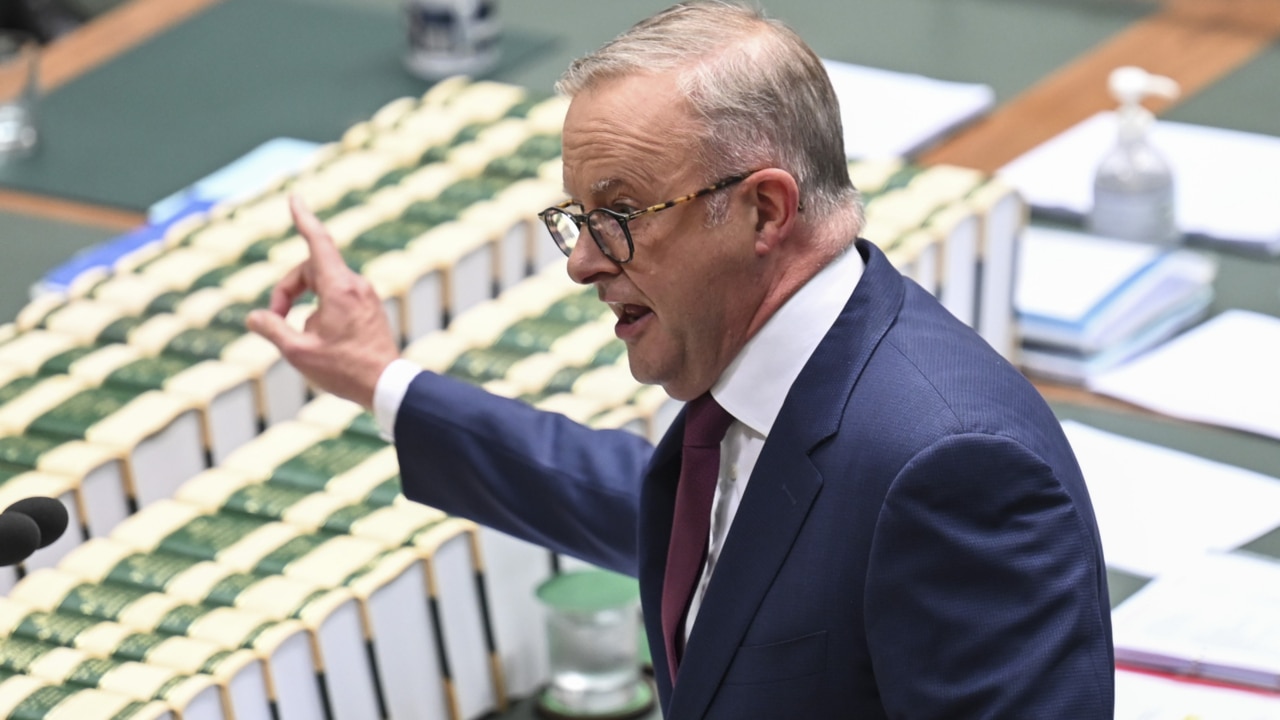
I often have been horrified when I investigate my own past actions and confront a garbled, confused memory. When I went to write down my memories of the 1998 constitutional convention on the republic, I was chagrined to realise that when I thought I had given a measured response to an outrageous speech, it was the other way around.
In retrospect, some of my judgments also were woefully awry.
I thought my now dear friend Julian Leeser an oratorically jerky stick insect straight out of central casting by the Young Liberals. Turns out he is deeply persuasive and principled, though still irritatingly slim.
I bear my own memory debacles in mind when facing accounts of my own positions that are hopelessly misconceived.
Not long ago, I was lambasted for having criticised the process and drafting for the voice only at the very end of the referendum campaign. The referendum took place on October 14 last year. I checked the pages of this newspaper. In fact, I had begun infuriating my Yes colleagues with criticisms of process and drafting on the preceding January 2. Oh well, close enough.
The point remains the same. Public debate in Australia is not failing because of the odd insult. It is because we are more prepared to revile each other as liars than respect ourselves as genuine, if misguided.
Greg Craven is a constitutional lawyer and former vice-chancellor of the Australian Catholic University.


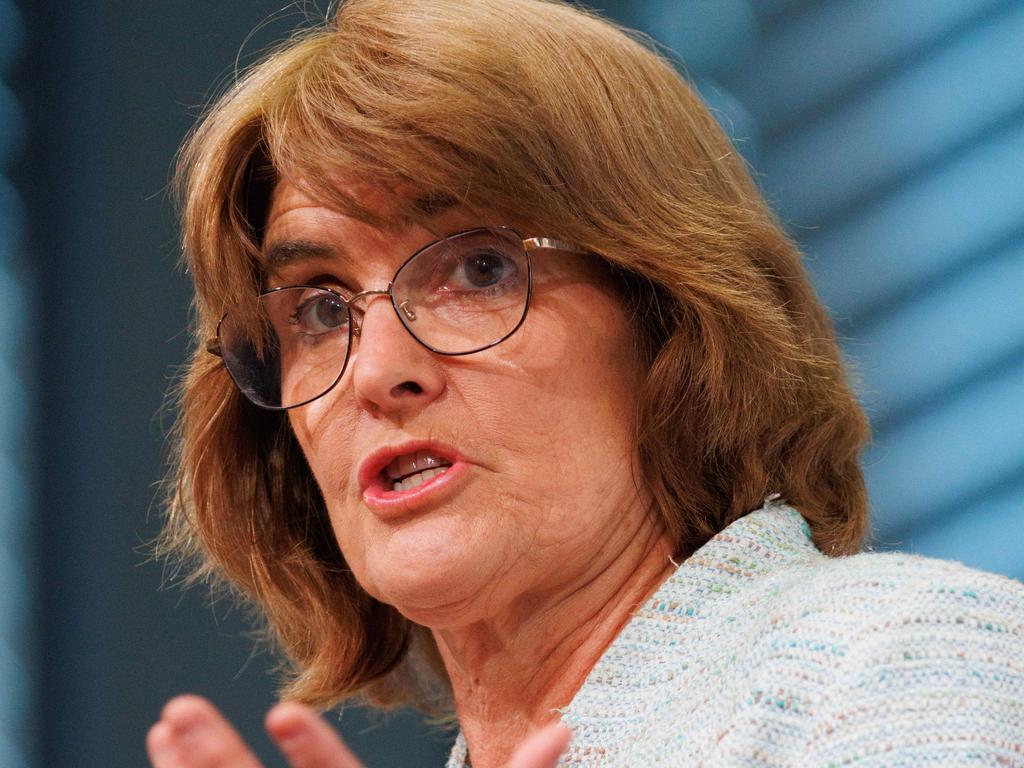

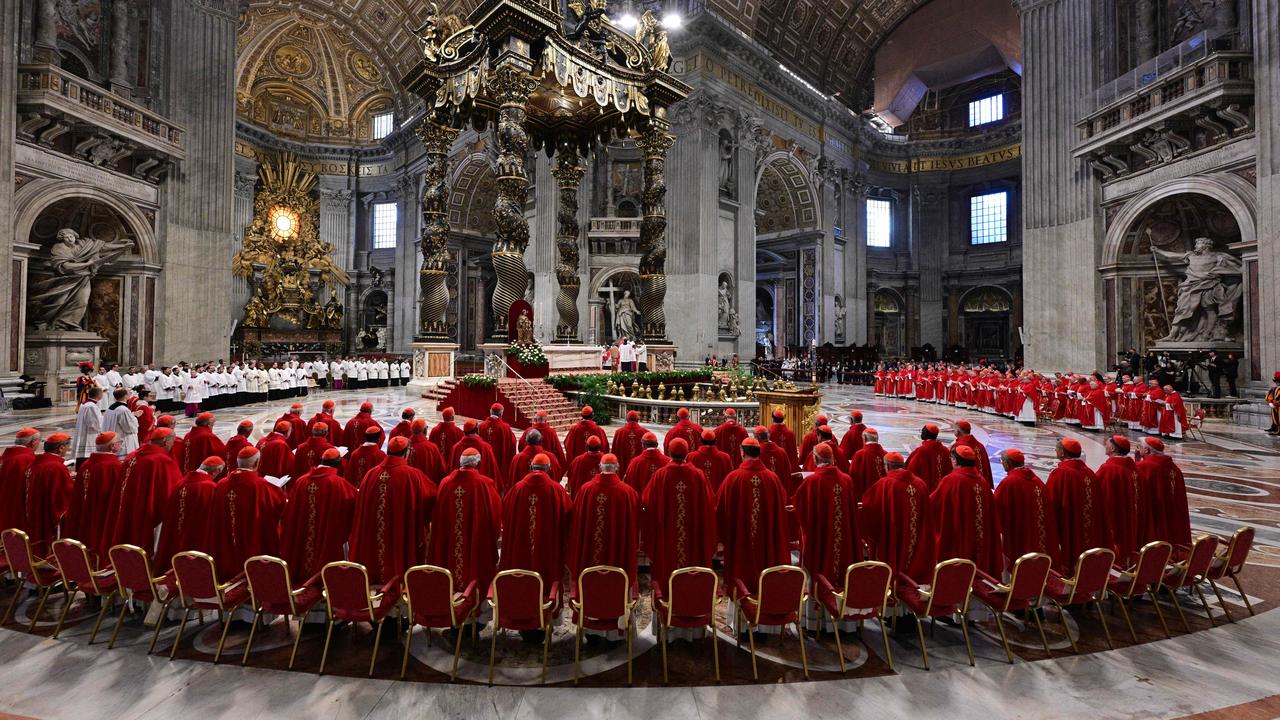
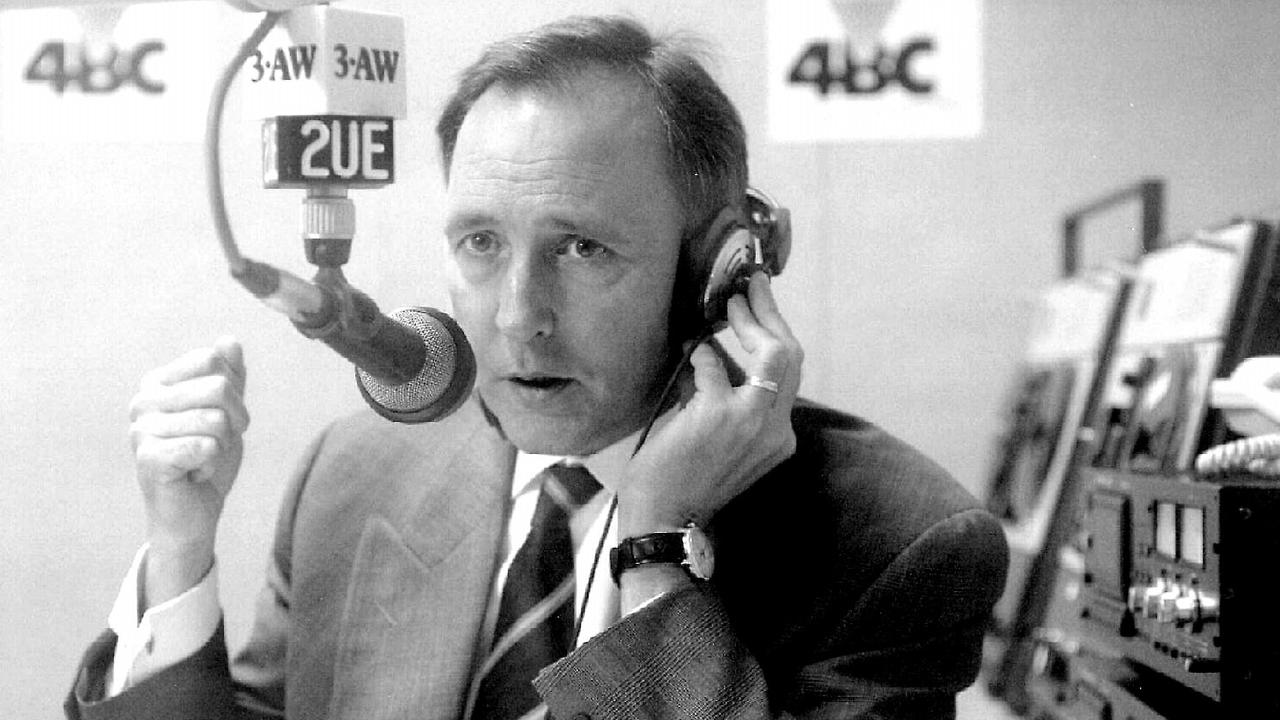
Angst over the quality of public debate is like dissatisfaction with the state of the roads. Everybody concurs that it is terrible, but no one can agree where to start and what exactly is the problem.